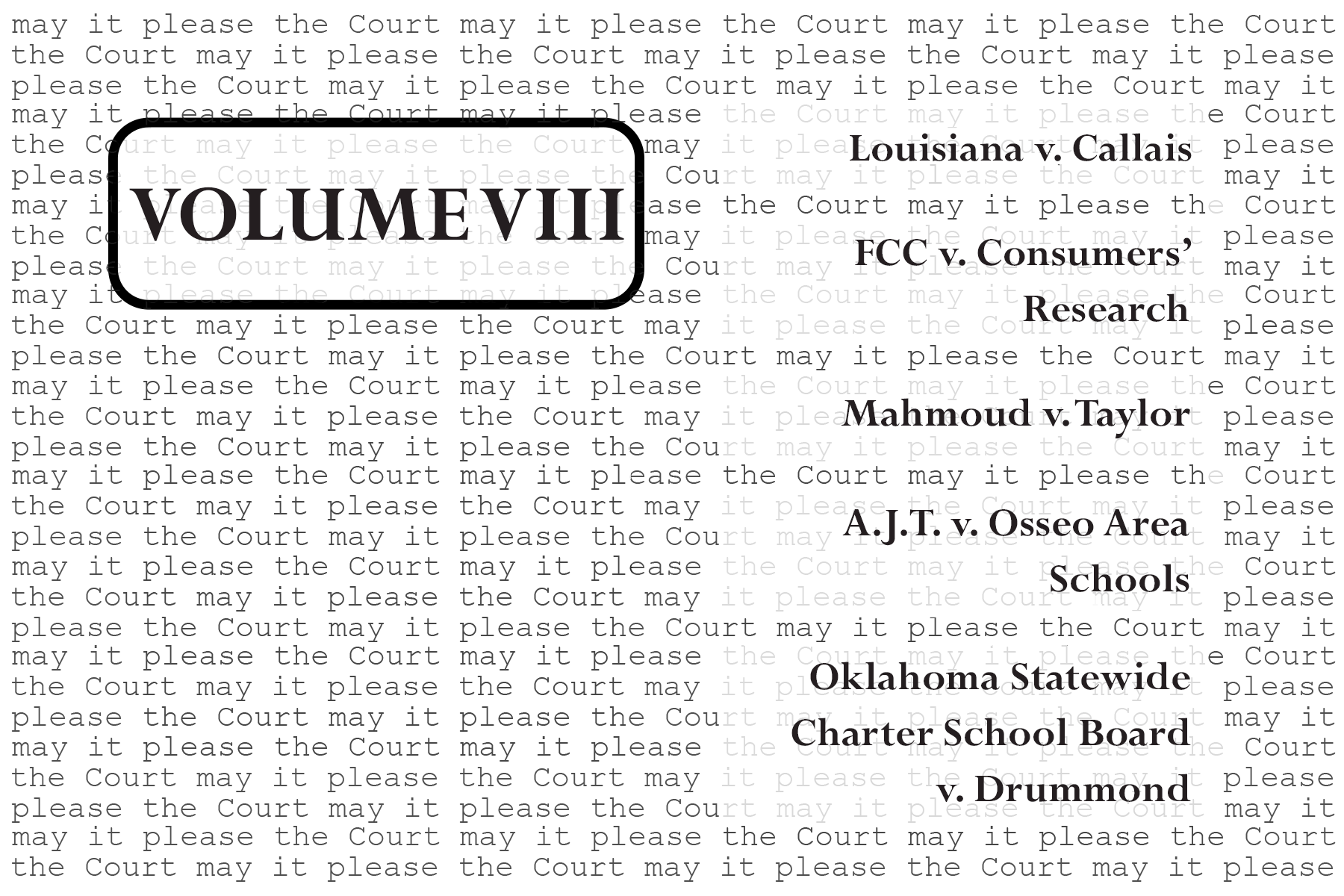Student entrepreneur uses AI to beat Amazon interviews
Photo Credit: Reagan Reese
By Nicolas Casey
On March 3rd, Roy Lee got an email from Columbia University. Figuring it was just another college newsletter, Roy, the creator of Interview Coder, was shocked at what he saw when he opened the latest message in his inbox. It was a notification from Columbia University’s Center for Student Success and Intervention (CSSI) that his case would be reopened following an initial Dean’s Discipline Hearing on February 17th, where he avoided potential suspension or expulsion. The Columbia College sophomore spoke with The Pennsylvania Post about the saga that has catapulted him to virality on X, caught the attention of the global media spanning from the Hindustan Times to CNBC, and raised vital questions about the viability of current paradigms surrounding digital assessments and formal education.
LOLOLOL https://t.co/CFtROp7GB6 pic.twitter.com/GkNg9SR7H1
— Roy (@im_roy_lee) March 4, 2025
Roy launched Interview Coder in February: a tool designed to solve LeetCode problems, the software engineering industry’s standard in applicant technical assessment. Long the bane of computer science majors applying for entry-level positions and internships, LeetCode has been subject to a great deal of criticism for being unrelated to the day-to-day reality of programming roles, posing a substantial barrier to entering the industry, and exacting substantial tolls on the mental health of applicants, who typically spend hundreds of hours preparing for career-defining technical interview problems that last around 20 or 30 minutes.
The emergence of large language models (LLMs) changed everything. Consumer facing LLMs like ChatGPT and Claude challenged the continued relevance of LeetCode interviews, as these tools persistently improve their ability to code. Leveraging this technology and the concepts he was learning in computer science courses, Roy set out to demonstrate this point, publishing a video of how he used Interview Coder to get a summer internship offer from Amazon at their headquarters in Seattle.
Two days after uploading the video to YouTube, which has since garnered over 100,000 views in a month, an Amazon executive filed a Behavioral Conduct Reporting Form with CSSI on February 9th at 3:26 AM. A day later, CSSI initiated the process of a Dean’s Discipline Hearing, resulting in a conversation with university administrators that ended amicably. CSSI initiated a File Distribution Agreement which barred publication of unauthorized materials related to their hearings. Together with Amazon’s aggressive response, these actions have left Roy feeling frustrated with the enforcement and merit structure that our education and employment systems deploy.
this good enough? pic.twitter.com/Q8KLOX6kPg
— Roy (@im_roy_lee) February 28, 2025
Toward the end of February, Interview Coder began gaining traction on X. Roy had posted a screenshot of an email to his advisor expressing his intent to drop out of Columbia and thought it would be an ideal time to capitalize on an emergent wave of virality by posting a copy of the redacted Behavioral Conduct Reporting Form that CSSI provided him. In his comments to the Penn Post, Roy said that he intended to “ride the marketing” and hopes to, “bring down LeetCode-style technical interviews.”
amazon execs r so mad LOLLL maybe stop asking dumb interview questions and people wouldn't build shit like thishttps://t.co/RMwouy3enr pic.twitter.com/sBdWTx2aFJ
— Roy (@im_roy_lee) February 28, 2025
Roy’s marketing instincts were right. The redacted form Roy posted has accumulated over 7 million views on X since February 27th. It also notably includes an implicit threat made by Amazon’s representative: absent “proper action” with respect to Roy, Columbia’s “long-standing partnership” with the tech giant might be at risk given their “[deep] concerns” over “situations like this.” In particular, the form makes explicit reference to Amazon’s Summer Undergraduate Research Experience (SURE) program, which provides undergraduate students from historically underrepresented communities with research experiences at a set of top-tier universities which include Columbia. When asked about what he thought the purpose of including this verbiage was, Roy expressed high confidence that this constituted a coercive threat of further negative publicity against the University.
This post, alongside another image, which the Penn Post has confirmed to come from an as-yet unreleased recording of Roy’s initial hearing, comprise the core of CSSI’s rationale for reopening his case. Since New York is a one-party consent state, unlike Pennsylvania, Roy’s recording is not illegal, and the crux of his disciplinary review rests solely in violations of the four policies outlined in CSSI’s March 3rd notice.
already recorded. here’s a sneakpeek just for you pic.twitter.com/zMSFDSGiJ3
— Roy (@im_roy_lee) February 28, 2025
For his part, Roy believes that his actions in releasing the redacted form and recording the hearing were justified as a form of free speech. Similarly, he is adamant in his belief that his creation and usage of Interview Coder were not malicious and constitute a protest, which he views as being “shut down and silenced by incumbents.” To that end, Roy sent an email to Amazon onboarding denying their offer of employment two days prior to uploading his YouTube video. In the email, Roy states that he never intended to work at Amazon and apologizes for any inconvenience that he caused—details that were not included in the redacted version of Amazon’s form.
i'm more offended that they thought they thought rescinded the offer would do anything lol; i'd never work here pic.twitter.com/RwP6cvXmGc
— Roy (@im_roy_lee) February 28, 2025
While discussing his motivations to create Interview Coder, Roy told the Penn Post that there was nothing unique about it and views its abilities as an inevitability in a world of LLMs. Additionally, he observed that this variety of digital subversion is already widespread among students but conducted in a more ad hoc fashion—without a tool as polished as Interview Coder. If the abuse was already happening and would eventually become a product, Roy thought he might as well build it well.
Roy argues that LLMs influence on academic work is a problem today on Columbia’s campus. He cites his experiences observing how easily students are able to simply copy questions from Canvas (a popular learning management system) into ChatGPT for an answer. He also expressed concerns over the integrity of College Board’s exams as it pushes online exam delivery.
In closing, the Penn Post asked for Roy’s thoughts on the future of the software industry and potential solutions for the flaws exposed by Interview Coder. Addressing future hiring practices, Roy saw two paths. If the goal is to purely evaluate an applicant’s knowledge, high-stress, time-constrained challenges should be replaced with a holistic code review of past work. This could include anything from independent projects to repository contributions on platforms like GitHub, which would allow for a deeper understanding of someone’s technical ability. On the other hand, employers looking for realistic assessment results are best served by embracing LLMs as the standard tool for professional software engineers that they are, integrating them into more relaxed technical interviews.
Roy does not plan to ride the Interview Coder wave beyond the eventual crash of the media cycle that it has created. He also told the Penn Post that he is currently working on a different project, which will be released soon on his X account.
Nicolas Casey is a senior in the College studying Mathematical Economics from London, England. Nick is also the Technology Director for The Pennsylvania Post. His email is ncasey25@sas.upenn.edu.




